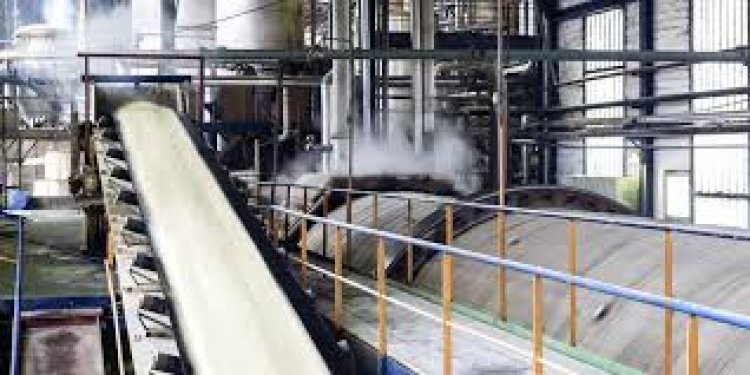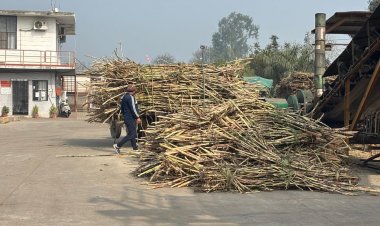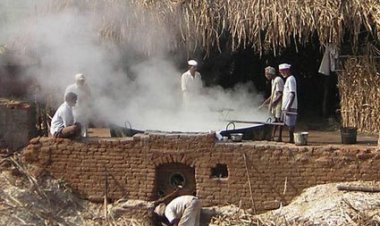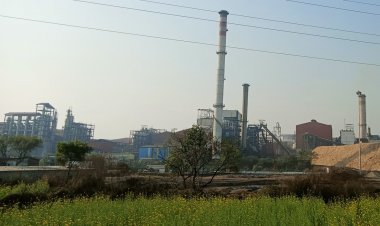Global fertilizer price rise: UP sugar mills to manufacture potash
Since India imports a large quantity of potash, which is used as soil nutrient and fertilizer, the domestic production would save the foreign exchange for the country. The country is among the largest importers of potash to feed its agri sector. It largely depends on imports for its annual consumption of nearly 5 MT of potash, of which a third is shipped from Belarus and Russia.

Lucknow
With the global fertilizer prices spiking owing to various factors including the Russia-Ukraine war, the Uttar Pradesh (UP) government has asked the sugar mills to manufacture potash from the ash generated by their incinerating boilers.
UP is among the top sugar producers in India with about 120 mills producing nearly 12 million tonnes (MT) of the sweetener annually.
Sanjay Bhoosreddy, UP additional chief secretary, sugarcane development and sugar industry, has directed the state standalone and group sugar mills to manufacture potash from ash.
Since India imports a large quantity of potash, which is used as soil nutrient and fertilizer, the domestic production would save the foreign exchange for the country, he added.
India is among the largest importers of potash to feed its agri sector. The country largely depends on imports for its annual consumption of nearly 5 MT of potash, of which a third is shipped from Belarus and Russia. Landlocked Belarus uses ports in Russia and Lithuania for exports.
India imports four types of fertilizers, viz. urea, Di-Ammonium Phosphate (DAP), Muriate of Potash (MOP) and Nitrogen-Phosphorus-Potassium (NPK). It subsidizes potash, besides other fertilizers, to make it more affordable for farmers.
Following the Russia-Ukraine war, the global fertilizer prices have shot up considerably while there is also a supply squeeze amid concerns about prospective food grain shortage in the coming quarters.
The production of potash by mills would not only provide an environmentally friendly medium to dispose of ash but also generate additional revenue for the sugar industry.
This will facilitate prompt settlement of farmers’ sugarcane arrears as well and provide a sustainable value chain to mills.
Earlier, Baba Ramdev’s Patanjali Group had also sought a supply of ash from UP sugar mills for the production of potash for the prospective consumption in the domestic agri sector.
According to sources, Patanjali had written to the UP Sugar Mills Association (UPSMA) for a bulk supply of ash to be used as a raw material for manufacturing potash and other bio-fertilizers.
Currently, the sugar mills in UP dispose of ash by mutual agreement with external firms for use as industrial input in the downstream value chain. This is largely a non-institutional template for the sugar industry. The potash matrix is expected to further diversify the product basket of sugar mills to insulate the cyclical nature of the industry.



 Join the RuralVoice whatsapp group
Join the RuralVoice whatsapp group







































